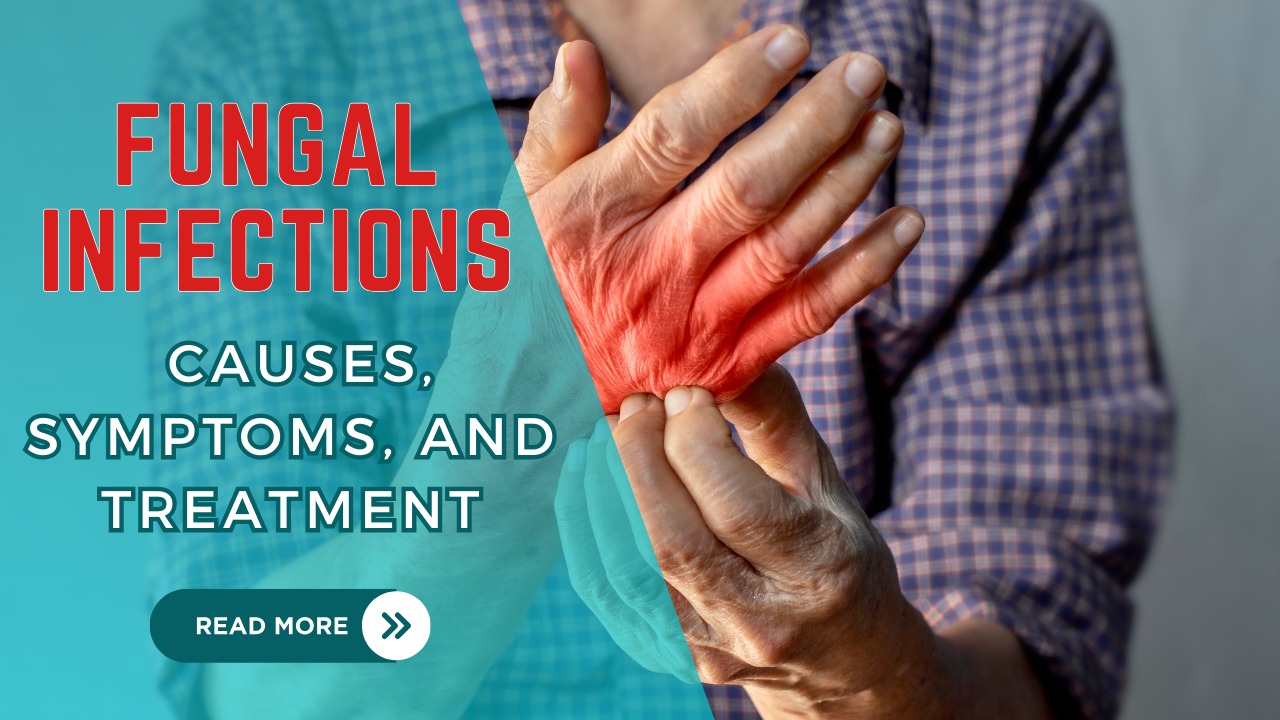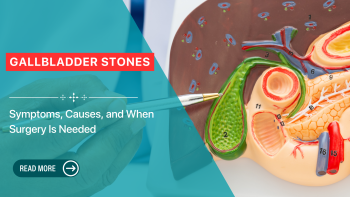Fungal
infections are a common yet often misunderstood health issue that
affects millions of people worldwide. These infections can range from mild and
manageable to severe and life-threatening, depending on the type and location
of the fungus. In this blog, we will delve into the world of fungal infections,
exploring their causes, symptoms, and treatment options. We will also introduce
Link Hospital in Gwalior, a premier multispeciality hospital known for its
exceptional care in treating fungal infections and other health conditions.
What are Fungal Infections?
Fungal infections, also known as
mycoses, are infections caused by fungi. Fungi are a type of microorganism that
can be found in various environments, including soil, plants, water, and even
the human body. While many fungi are harmless, some can cause infections when
they invade the body.
Types of Fungal Infections
1.
Superficial
Fungal Infections: These affect the skin, hair, and
nails. Common examples include athlete's foot, ringworm, and nail fungus.
2.
Subcutaneous
Fungal Infections: These occur when fungi penetrate
the skin, often through cuts or puncture wounds, leading to infections in
deeper layers of the skin.
3.
Systemic
Fungal Infections: These are more severe infections
that can affect internal organs such as the lungs, brain, and bloodstream.
Examples include histoplasmosis, candidiasis, and aspergillosis.
Causes of Fungal Infections
Fungal infections can be caused by
various factors, including environmental exposure, weakened immune systems, and
certain lifestyle choices.
Common Causes
1.
Environmental
Exposure: Fungi thrive in warm, moist environments. Walking
barefoot in public showers or swimming pools, wearing damp clothing, and
working in humid conditions can increase the risk of infection.
2.
Weakened
Immune System: Individuals with compromised immune systems, such as
those with HIV/AIDS, cancer patients undergoing chemotherapy, long-term
uncontrolled Diabetes Mellitus and organ transplant recipients, are more
susceptible to fungal infections.
3. Poor Hygiene: Inadequate personal hygiene, such as not washing hands regularly or sharing personal items like towels and razors, can lead to the spread of fungal infections.
Symptoms of Fungal Infections
The symptoms of fungal infections
vary depending on the type and location of the infection. Here are some common
symptoms associated with different types of fungal infections:
Superficial Fungal Infections
●
Athlete's
Foot: Itching, burning, and cracking of the skin between
the toes.
●
Ringworm:
Red, circular, and scaly patches on the skin.
●
Nail
Fungus: Thickened, discoloured, and brittle nails.
Subcutaneous Fungal Infections
●
Sporotrichosis:
Small, painless bumps on the skin that can develop into ulcers.
●
Chromoblastomycosis:
Warty, crusty lesions that can spread slowly over time.
Systemic Fungal Infections
●
Histoplasmosis:
Fever, cough, fatigue, and chest pain.
●
Candidiasis:
White patches in the mouth, throat pain, and difficulty swallowing (oral
thrush); itching, discharge, and discomfort (vaginal yeast infection).
●
Aspergillosis:
Shortness of breath, coughing up blood, and chest pain.
Diagnosis and Treatment
Diagnosing a fungal infection
typically involves a physical examination and laboratory tests, such as skin
scrapings, blood tests, and cultures. Once diagnosed, treatment options vary
based on the type and severity of the infection.
Treatment Options
1.
Topical
Antifungal Medications: Creams, ointments, and sprays
applied directly to the affected area are effective for superficial infections.
2.
Oral
Antifungal Medications: Pills or capsules are used to
treat more severe or widespread infections.
3.
Intravenous
Antifungal Medications: Administered in a hospital setting
for serious systemic infections.
4.
Surgical
Intervention: In some cases, surgical removal of infected tissue
may be necessary, especially for subcutaneous infections.
Preventing Fungal Infections
Preventing fungal infections
involves maintaining good hygiene, keeping the skin dry, and avoiding contact
with contaminated surfaces. Here are some tips to help prevent fungal
infections:
●
Keep
Skin Clean and Dry: Regularly wash and thoroughly dry
your skin, especially in areas prone to moisture, such as between the toes and
underarms.
●
Wear
Protective Footwear: Use sandals or flip-flops in
public showers, locker rooms, and swimming pools.
●
Avoid
Sharing Personal Items: Do not share towels, razors, or
clothing with others to reduce the risk of spreading infections.
●
Maintain
a Healthy Lifestyle: Eat a balanced diet, exercise
regularly, and manage chronic conditions to strengthen your immune system.
Link Hospital in Gwalior: Your Partner in Health
When it comes to treating fungal
infections and other health conditions, Link
Hospital in Gwalior stands out as a leading multispeciality hospital. With
a team of experienced doctors, state-of-the-art facilities, and a
patient-centric approach, Link Hospital offers comprehensive care for all types
of fungal infections. Whether you need expert diagnosis, advanced treatment, or
preventive care, Link Hospital is dedicated to ensuring your well-being.
Why Choose Link Hospital?
●
Expert
Medical Team: Link Hospital boasts a team of highly skilled
dermatologists, infectious disease specialists, and surgeons with extensive
experience in treating fungal infections.
●
Advanced
Diagnostic Facilities: Equipped with modern diagnostic
tools and laboratories, Link Hospital ensures accurate and timely diagnosis.
●
Personalized
Treatment Plans: Each patient receives a customized treatment plan
tailored to their specific needs and health conditions.
●
Advanced
Care: Beyond treating the infection, Link Hospital focuses
on overall health and wellness, offering guidance on hygiene, nutrition, and
lifestyle changes to prevent future infections.
Conclusion
Fungal infections can be a
significant health concern, but with the right knowledge and care, they can be
effectively managed and prevented. By understanding the causes, symptoms, and
treatment options, you can take proactive steps to protect yourself and your
loved ones from fungal infections. If you ever find yourself in need of expert
medical care, Link Hospital in Gwalior is here to provide the best possible
treatment and support.
For more information or to schedule
an appointment, visit Link
Hospital's website or call their helpline. Take
charge of your health today and trust Link Hospital to be your partner in
wellness.











